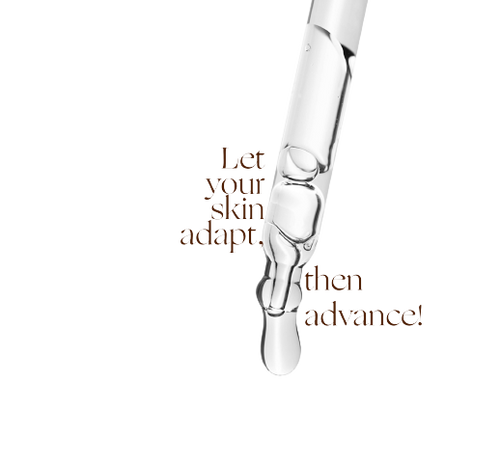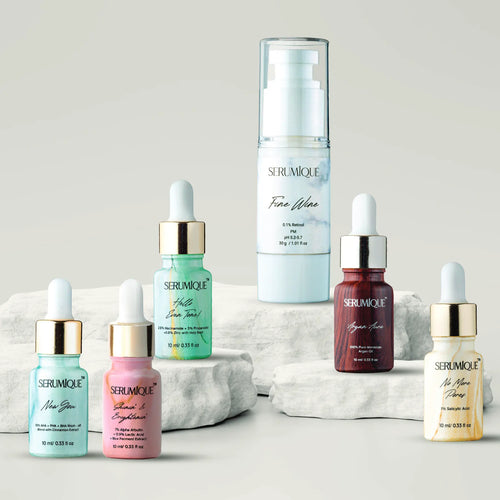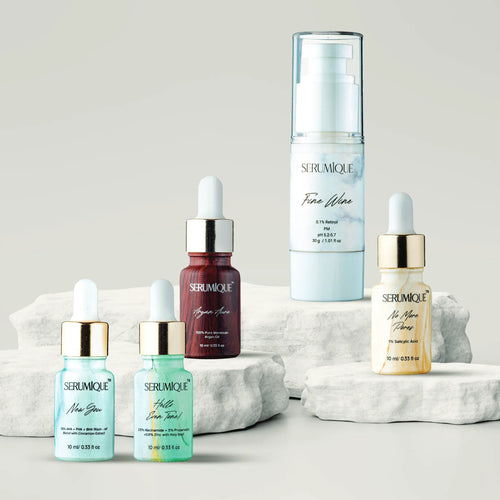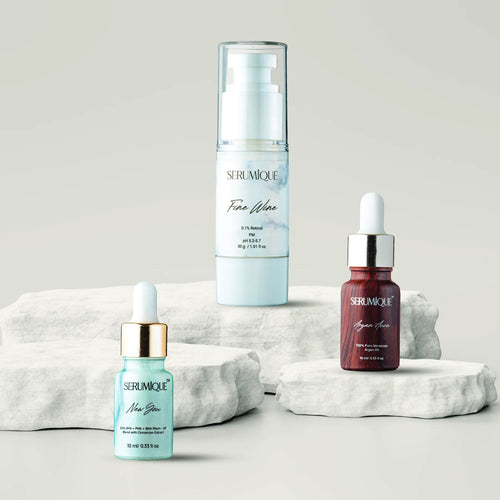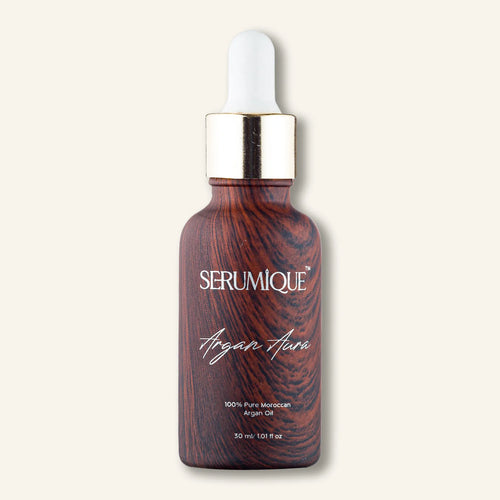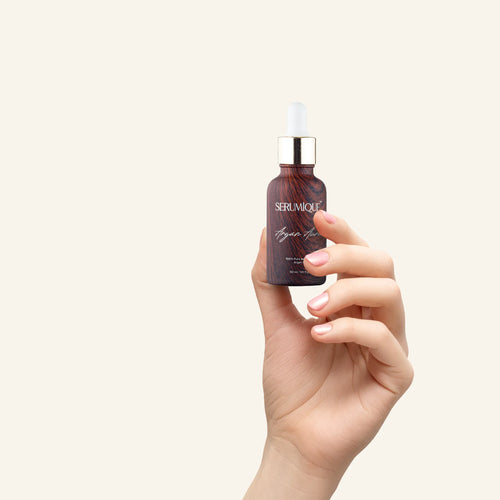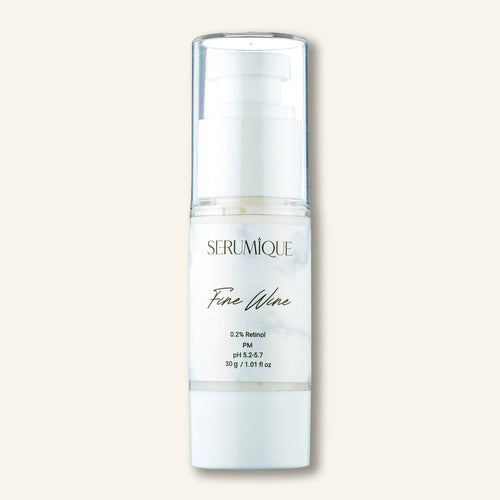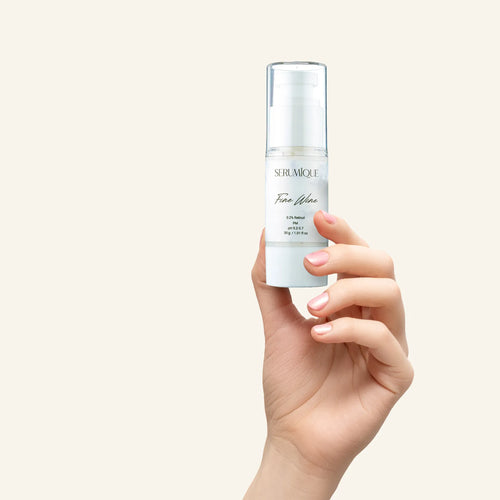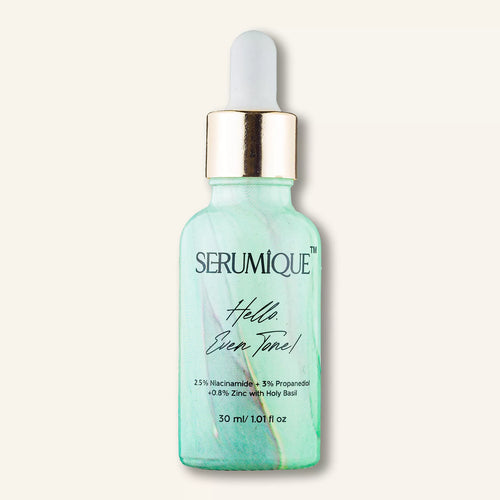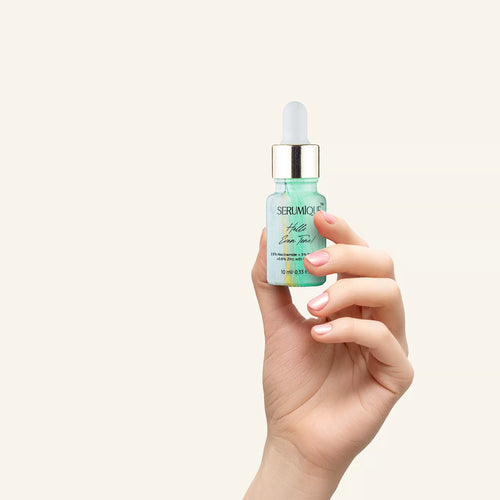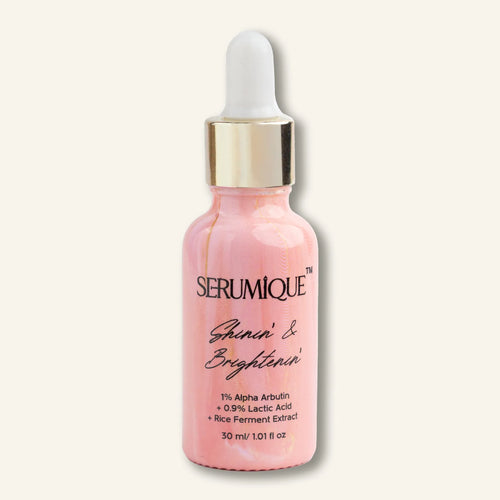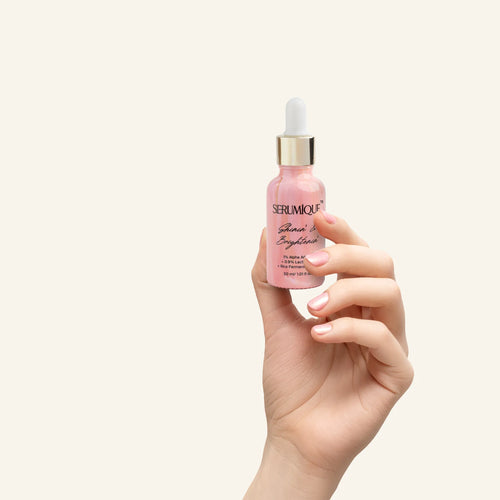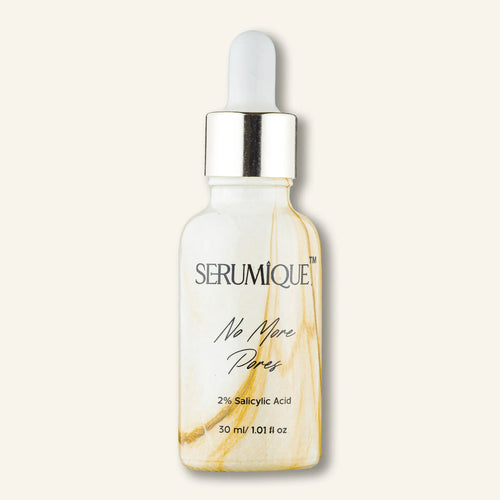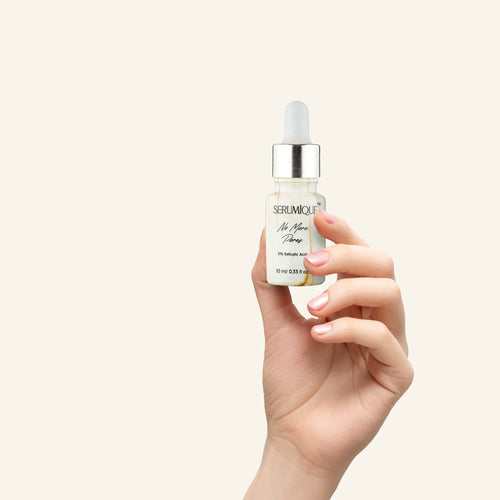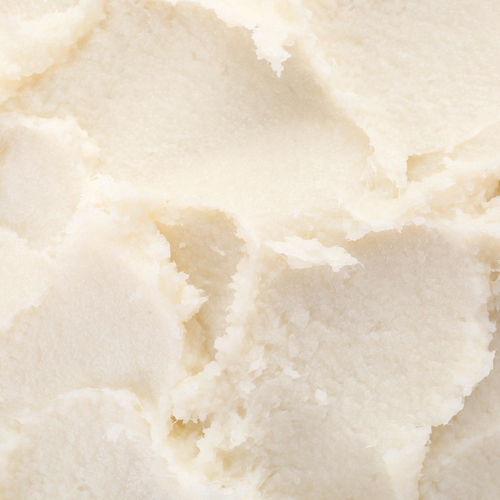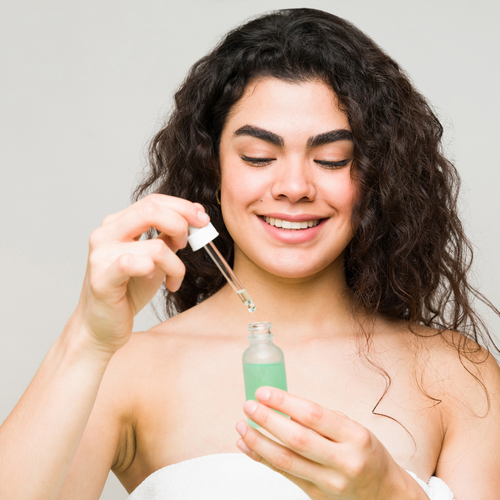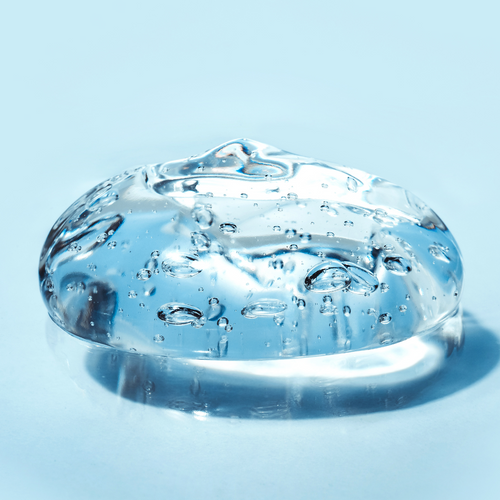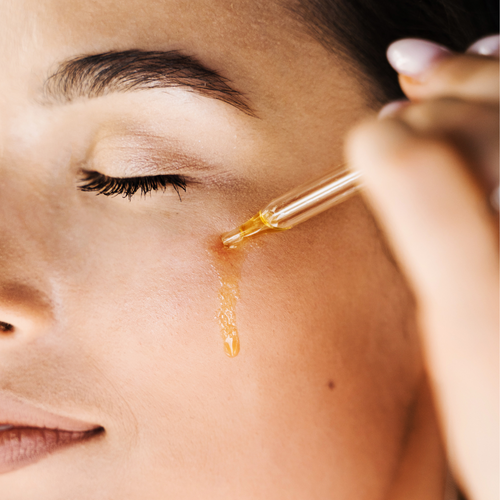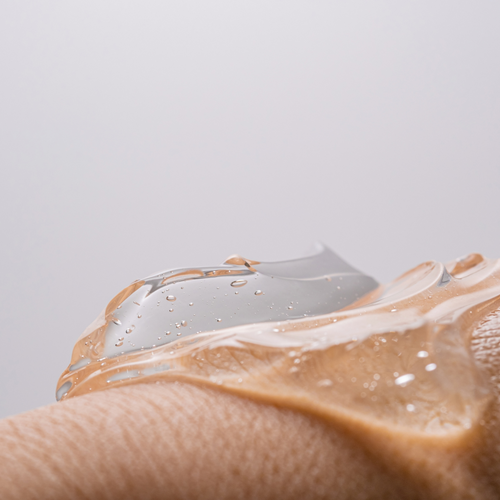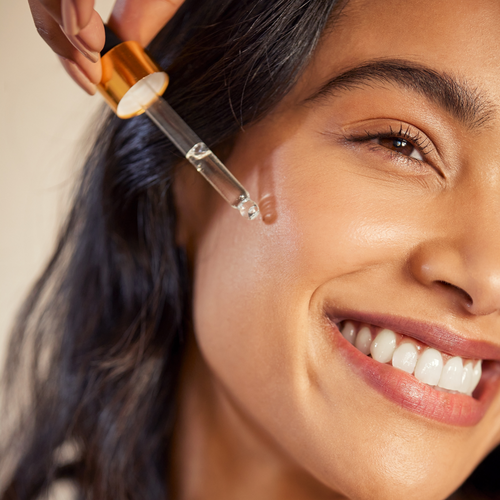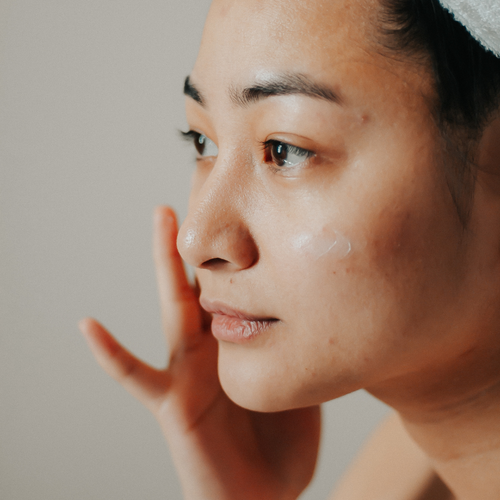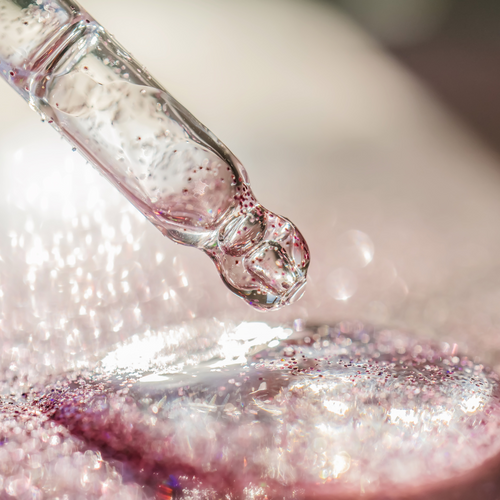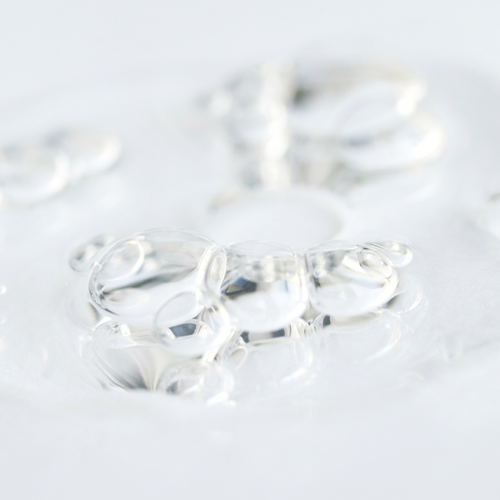Free shipping above orders worth Rs 1200
In the quest for radiant, youthful skin, exfoliation has been hailed as a key step in skincare routines. However, there's a growing concern among dermatologists and skincare enthusiasts alike: over-exfoliation. Understanding this phenomenon is crucial in maintaining the health and integrity of your skin.
What is Over-Exfoliation?
Over-exfoliation occurs when the skin is scrubbed or chemically exfoliated too frequently or with products that are too harsh. This disrupts the skin's natural balance, stripping away its protective barrier.
Recognizing the Signs of Over-Exfoliation
The telltale signs of over-exfoliation can vary, but typically include:
- Redness and Irritation: The skin appears visibly red and feels irritated or itchy.
- Increased Sensitivity: Over-exfoliated skin is more prone to reactions from products or environmental factors.
- Dryness and Flakiness: The skin loses its moisture, resulting in dry patches and flakiness.
- Breakouts: Compromised skin barrier can lead to increased acne or other skin issues.
Why Over-Exfoliation is Harmful
The skin's outer layer serves as a shield against environmental aggressors. Over-exfoliation compromises this barrier, leading to:
- Loss of Moisture: The skin's ability to retain moisture is diminished, making it dry and dehydrated.
- Increased Sun Sensitivity: The thinned skin is more susceptible to UV damage, increasing the risk of premature aging and sunburn.
- Higher Risk of Skin Damage: The weakened skin barrier makes the skin more vulnerable to pollutants and irritants.
- Disruption in Skin Function: The natural exfoliation and renewal processes of the skin get disrupted, affecting its overall health.
Balancing Exfoliation in Your Routine
To avoid over-exfoliation, consider the following tips:
- Limit Exfoliation: Restrict chemical or physical exfoliation to 2-3 times a week.
- Choose Gentle Products: Opt for exfoliants with lower concentrations of active ingredients.
- Listen to Your Skin: Pay attention to how your skin reacts and adjust your routine accordingly.
- Hydrate and Protect: Always follow up with a moisturizer and use sunscreen daily.
Recovering from Over-Exfoliation
If you've over-exfoliated, it's vital to give your skin time to heal. Simplify your skincare routine, focusing on gentle cleansing, hydration, and barrier repair. Avoid active ingredients until your skin has fully recovered.
Final Thoughts
While exfoliation is a beneficial part of skincare, it's a classic case of 'too much of a good thing can be bad.' Understanding and respecting your skin's limits is key to a healthy, glowing complexion. Remember, when it comes to skincare, gentle and consistent always wins over aggressive and sporadic.

